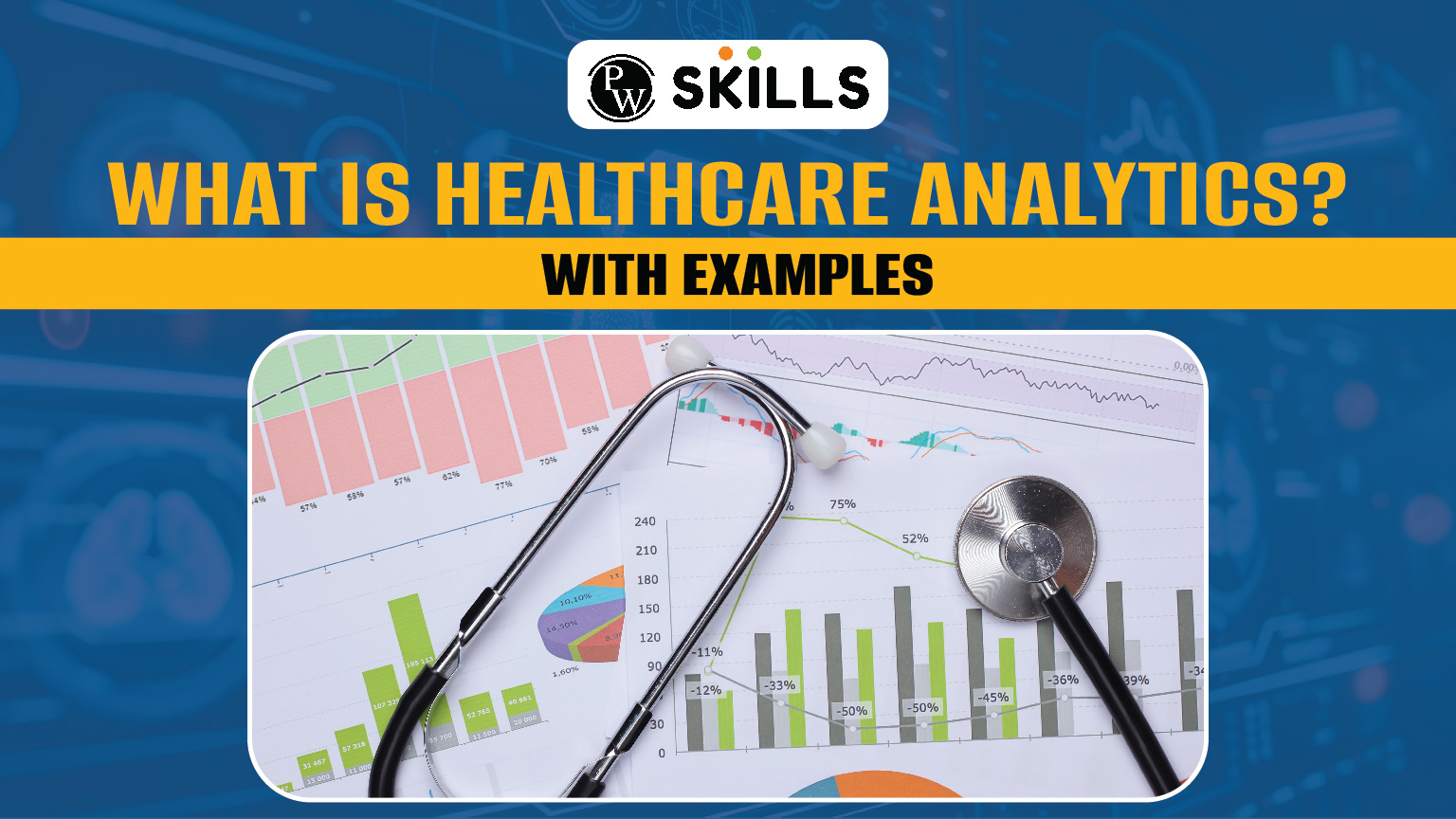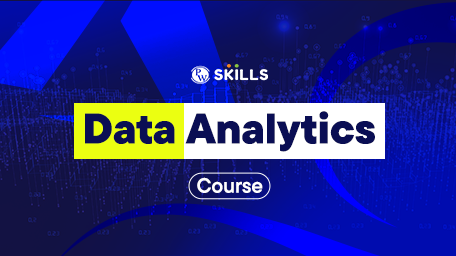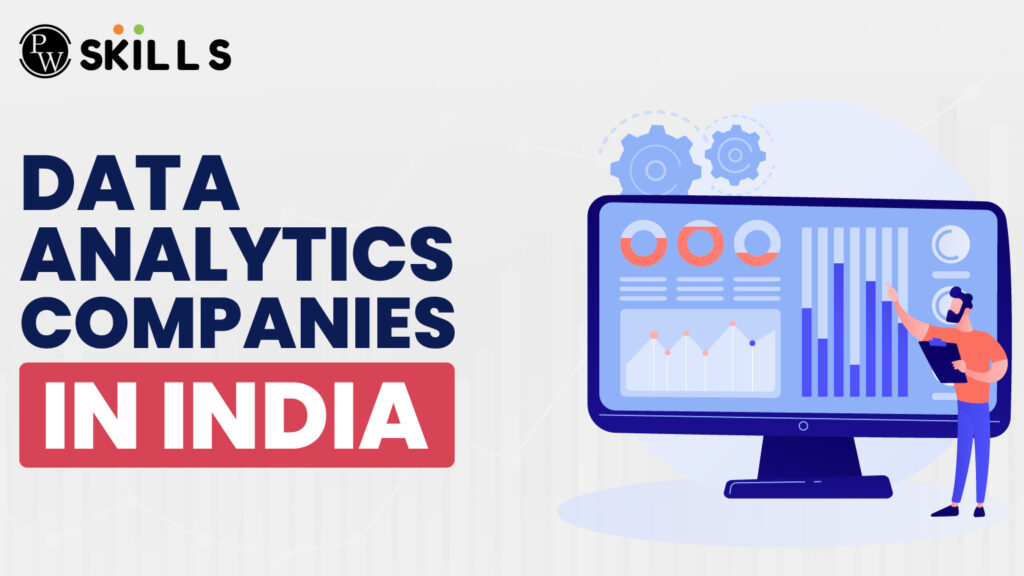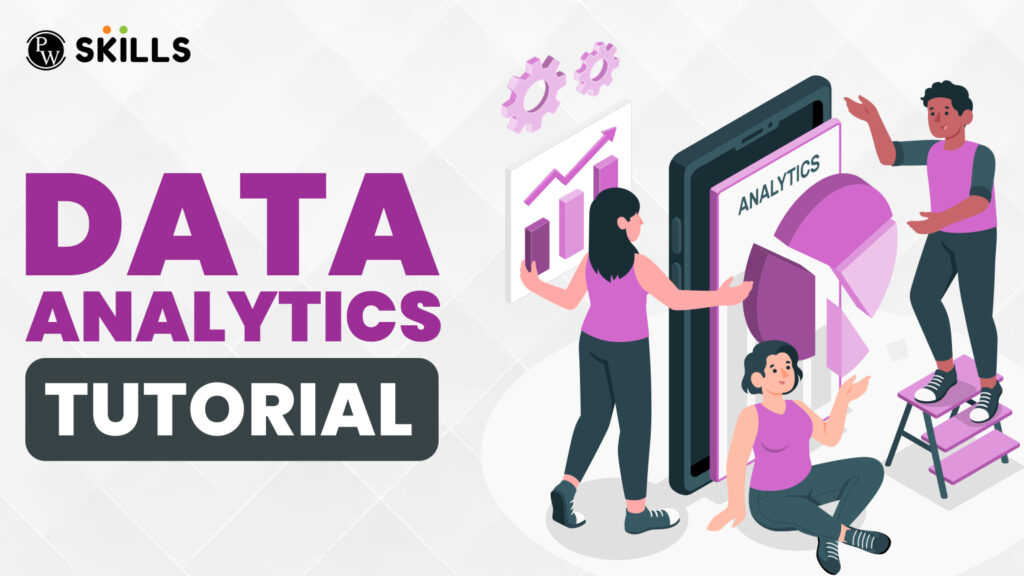By leveraging vast amounts of data, healthcare professionals can improve patient outcomes, streamline operations, and drive innovations across the healthcare industry. This comprehensive guide will delve into the definition, impact, and future of healthcare analytics, providing insights into career opportunities, required skills, and educational pathways.
Key Takeaways of the Content
- Learn what healthcare analytics is and its significance in modern healthcare.
- Explore various types of analytics and their impact on patient care and operational efficiency.
- Understand career opportunities and required qualifications in the field of healthcare analytics.
What Is Healthcare Analytics?
Healthcare analytics refers to the systematic use of data analysis techniques to extract insights from various healthcare data sources. These insights can be used to improve patient care, optimize hospital management, reduce costs, and support public health initiatives. By analyzing trends, patterns, and associations, healthcare analytics helps professionals make informed decisions and enhance the quality of care provided.
Healthcare Analytics Basics
Understanding the basics of healthcare analytics involves recognizing the types of data used (such as patient records, medical imaging, and operational data) and the analytical methods applied to this data. These methods range from descriptive analytics, which looks at historical data, to predictive analytics, which forecasts future trends and outcomes, and prescriptive analytics, which suggests optimal actions based on predictions.
How Can I Use Healthcare Analytics?
Healthcare analytics can be used in numerous ways, including:
- Improving Patient Care: By identifying risk factors and predicting patient outcomes, healthcare professionals can intervene early, personalize treatments, and enhance patient care quality.
- Operational Efficiency: Analytics can streamline hospital operations by optimizing staffing levels, managing resources, and reducing wait times.
- Financial Management: Through cost analysis and fraud detection, healthcare organizations can improve financial performance and reduce wasteful spending.
How the Data Revolution is Transforming Health Care
The data revolution is drastically transforming healthcare. With the advent of big data, healthcare organizations can now collect and analyze massive amounts of information in real time. This shift allows for:
- Personalized Medicine: Tailoring treatments to individual patients based on genetic data and other personal health information.
- Preventive Care: Identifying at-risk populations and intervening before health issues become severe.
- Telemedicine and Remote Monitoring: Utilizing data from wearable devices and remote monitoring tools to provide continuous care and monitoring.
Health Data Analytics and Health Informatics
Health data analytics and health informatics are closely related fields. While health data analytics focuses on analyzing data to derive actionable insights, health informatics deals with the use of information technology to organize and analyze health records to improve healthcare outcomes. Both fields are essential for the advancement of healthcare and often overlap in practice.
How Healthcare Analytics Improves Patient Care
Healthcare analytics significantly improves patient care by enabling healthcare providers to make data-driven decisions. Some of the ways it impacts patient care include:
- Predictive Analytics: Forecasting patient risks and outcomes to allow for proactive care.
- Prescriptive Analytics: Recommending specific interventions based on patient data to optimize treatment plans.
- Descriptive Analytics: Understanding past patient data trends to improve current treatment approaches.
Career Opportunities in Healthcare Analytics
The field of healthcare analytics offers numerous career opportunities. Professionals can work in hospitals, insurance companies, consulting firms, and government agencies. Some common roles include:
- Data Analyst: Analyzing healthcare data to extract meaningful insights.
- Health Informatics Specialist: Using IT to manage and analyze health records.
- Clinical Analyst: Working closely with healthcare providers to improve clinical operations.
How Healthcare Analytics Connects to HIM
Healthcare Analytics is closely connected to Health Information Management (HIM). While HIM focuses on the acquisition, storage, and management of health information, healthcare analytics involves analyzing this information to derive insights. Both fields are critical to improving healthcare delivery, patient safety, and operational efficiency.
Certification and Education: Healthcare Analytics and Informatics
To excel in healthcare analytics, certifications and education are crucial. Many institutions offer specialized courses in healthcare analytics, health informatics, and related fields. Certifications from recognized bodies enhance credibility and provide essential skills required in the job market.
For those looking to enter or advance in this field, obtaining a solid foundation in data analytics is beneficial. Consider starting with courses like Data Analytics Course to build foundational skills.
Data Analytics in Healthcare
Data analytics in healthcare involves using data to inform decisions and improve outcomes. This includes:
- Patient Data Management: Keeping accurate records and using them to enhance patient care.
- Operational Data Analytics: Analyzing hospital operations data to improve efficiency and reduce costs.
- Financial Analytics: Identifying areas for cost reduction and improving financial outcomes.
Predictive Analytics in Healthcare
Predictive analytics uses historical data to predict future outcomes. In healthcare, this can help:
- Anticipate Disease Outbreaks: Using historical and current data to forecast potential outbreaks.
- Personalize Treatment Plans: Predicting how patients will respond to different treatments based on past data.
- Optimize Resource Allocation: Predicting future patient loads to ensure optimal staffing and resource management.
Prescriptive Analytics in Healthcare
Prescriptive analytics goes a step further by not only predicting outcomes but also suggesting actions to achieve desired results. In healthcare, prescriptive analytics can:
- Improve Treatment Protocols: Recommending the best course of action for patient care based on data.
- Enhance Decision-Making: Helping healthcare providers make informed decisions about patient care and resource management.
- Reduce Costs: Identifying the most cost-effective treatments and interventions.
Benefits of Data Analytics in Healthcare
The benefits of data analytics in healthcare are extensive, including:
- Improved Patient Outcomes: By using data to inform treatment decisions, healthcare providers can improve patient outcomes.
- Reduced Costs: Data analytics can identify inefficiencies and suggest cost-saving measures.
- Enhanced Operational Efficiency: Streamlining processes and improving resource allocation through data-driven decisions.
Healthcare Analytics Salary and Job Outlook
The job outlook for healthcare analytics is promising, with a growing demand for skilled professionals. Salaries vary based on role, experience, and location. Entry-level positions may start around ₹5-8 lakh per annum, while senior roles can command salaries upwards of ₹15 lakh.
Healthcare Analytics Journal
Staying updated with the latest research and trends in healthcare analytics is crucial. Reading journals and publications dedicated to healthcare analytics can provide valuable insights into emerging technologies, methodologies, and best practices.
Healthcare Analytics Jobs
Healthcare analytics jobs are available in various sectors, including hospitals, insurance companies, consulting firms, and government agencies. Roles range from data analysts to health informatics specialists, with opportunities for advancement into managerial positions.
Healthcare Data Analytics: Getting Started
To get started in healthcare data analytics, consider the following steps:
- Get Qualified: Obtain a degree in a relevant field, such as data science, health informatics, or biostatistics.
- Explore courses like the Data Analytics Course to build foundational skills.
- Gain the Right Skills: Develop technical skills in data analysis, programming, and machine learning.
- Gain Experience: Seek internships, volunteer positions, or entry-level jobs to gain hands-on experience.
- Learn More About Healthcare: Stay updated on the latest trends and technologies in healthcare to remain competitive.
Learn Data Analytics with PW Skills
Enhance your career prospects in healthcare analytics by mastering data analytics skills. Learn Data Analytics with PW Skills to gain a deep understanding of data handling, analysis techniques, and industry applications. Check out their Data Analytics Course for comprehensive training.
HealthCare Analytics FAQs
What is healthcare analytics?
Healthcare analytics is the systematic use of data analysis tools and techniques to derive insights from healthcare data to improve patient care, optimize operations, and reduce costs.
What are the 4 types of analytics in healthcare?
The four types of analytics in healthcare are descriptive, diagnostic, predictive, and prescriptive analytics, each serving a unique purpose in analyzing and improving healthcare outcomes.
What are the objectives of healthcare analytics?
The objectives of healthcare analytics include improving patient care, enhancing operational efficiency, reducing costs, and supporting public health initiatives.
What is health analysis?
Health analysis involves the examination of health data to understand trends, patterns, and outcomes to inform decisions and improve overall health care quality.






